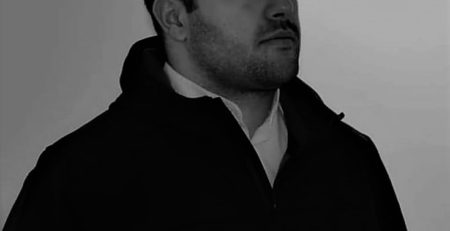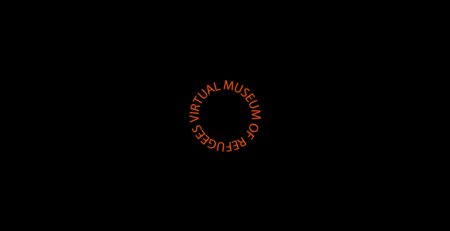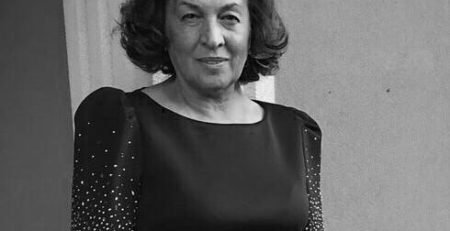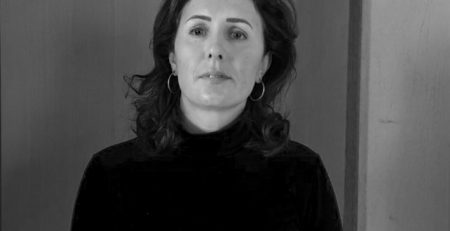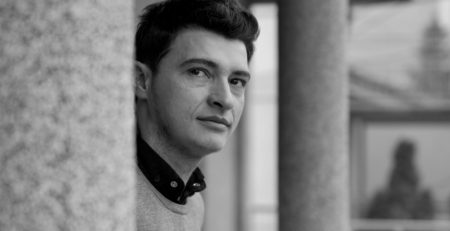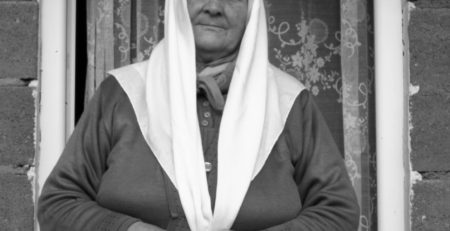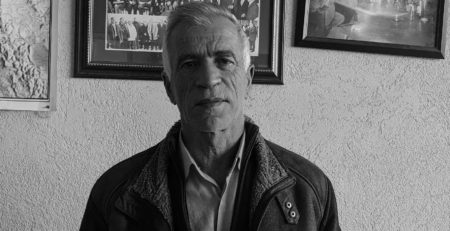Gordana Đorić
Interviewer: Tell us something about yourself.
Interviewee: I am… my name is Gordana Đorić from Laplje Selo, I am age 62. I am an entrepreneur for many years by profession. My business is that occupies me the most. What is all about me.
Interviewer: Twenty years later, what are your memories of the war in Kosovo?
Interviewee: Very scary, very fresh, regardless of the fact that a long, long time has passed. Everything that I could see then, experience, is deeply etched in my consciousness, in my soul in general in my… in my future life; for, I was born after the war; I was brought up in a way that we should love people, be unique, appreciate the values of people that have qualities. I never dreamed that I would ever experience what we experienced in the situation before the war, but only the bombing and normally everything that happened after the war. Now I speak as a Serb because, after the war, we were … … and my community experienced terrible things, as we normally experienced, both before the war and during the bombing.
Interviewer: Where were you during the bombing and armed conflict in Kosovo?
Interviewee: I was in my hometown, Pristina. I was mostly in my apartment, in Dardania, on the sixth floor. But I also came here in Laplje Selo because my brothers lived here.
Interviewer: Can you notice any effects of the war on you personally?
Interviewee: Well, I can for sure because, the war changed my life one hundred percent. I can no longer live in my city. My neighbors, my friends, my relatives do not live in my city either. Unfortunately, many have experienced the worst. So, they were killed by bombing or by snipers because, at the time of the bombing and after that, there were a lot of snipers shooting at citizens in the city. Not to mention everything that I saw with my own eyes, how my community suffered after the bombing and what it experienced in the city itself. For example, I have witnessed many situations, many of these murders that took place in those days. How, uh, my fellow citizens had to flee. They were expelled from their apartments. I was personally present when groups of Albanian extremists attacked certain families, threatening to kill them. They forced them to leave the apartments. And when they were carrying things, they threw stones at them and killed some of them. I even saw when they shot at my fellow citizen near Kičma, and he was killed on that occasion. I saw his body lying on the sidewalk. A lot was happening in those days and it was terrible. And I will only forget that thing when I die. This, unfortunately, I personally felt… that is a tragedy. To say all that, and in 2001, when a bomb was planted under the Nis Express bus at… near Livadice. I was on that bus, when I was injured and when 12 of my fellow citizens were killed on that occasion, and simply, these are some events that remain deeply etched in my soul and I simply can never forget it. I just pray to God that something like this never, ever, ever happens again. As I said, even before the war, when… from the 81st when the demonstrations started. At that time, the reason was that the students in… they were dissatisfied when it came to food in the canteen. In fact, at the time, it was the beginning of, let’s say, the demands by Albanian extremists. Republic of Kosovo! And from those events, and later, a lot has changed in our lives. We also often experienced harassment. We have often experienced threats. Even, let me say, in 1996, it happened that in my city, my youngest son, who was eight at the time, was riding a bicycle in the center of the city where we lived, and on that occasion he was attacked with a knife by a citizen of Albanian nationality. She wanted to kill him. Later, when she was arrested, she justified it by saying she hated Serbs. Because, like, Serbs imprisoned her father who shot and killed his own brother. I mean, it was really absurd, uh, to live in that time and… and for all of us who had Albanian friends, with whom we hung out, godparents, lived a really nice, carefree life, those changes were very hard to accept. Many of my friends, Albanians, Turks, have moved elsewhere in the world. To some other countries. Those who did not have the opportunity stayed there and experienced all these tragedies, as did those of us who lived with them in the city.
Interviewer: Your message to young people in Kosovo?
Interviewee: Well, I would tell young people to turn to themselves. To start loving people, to appreciate true values. And to focus whether certain person has human values, has qualities, has knowledge, to accept him as… if he is a good man to accept him. And not whether this one is of some other nationality and that it should be a value for them. To invest in themselves and to believe in a better future. But, they must also get involved to build that better future.


